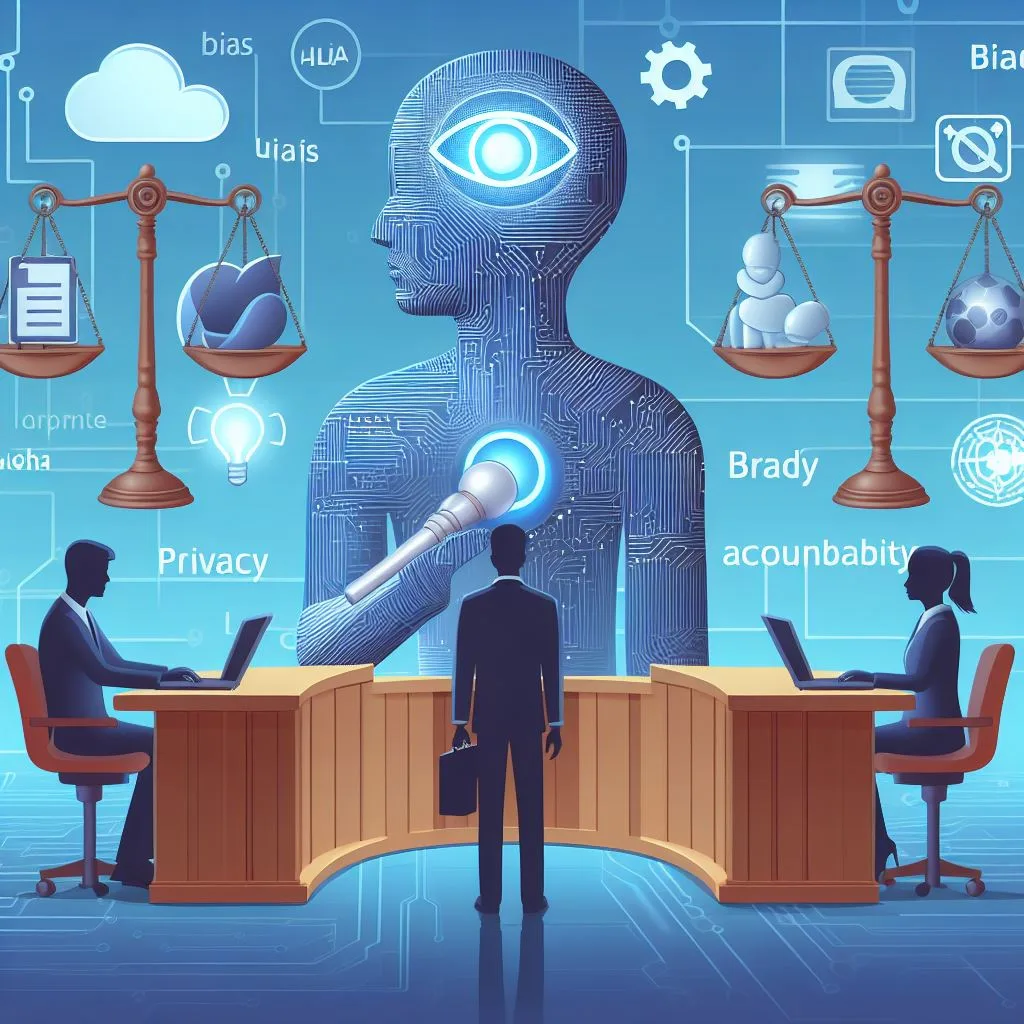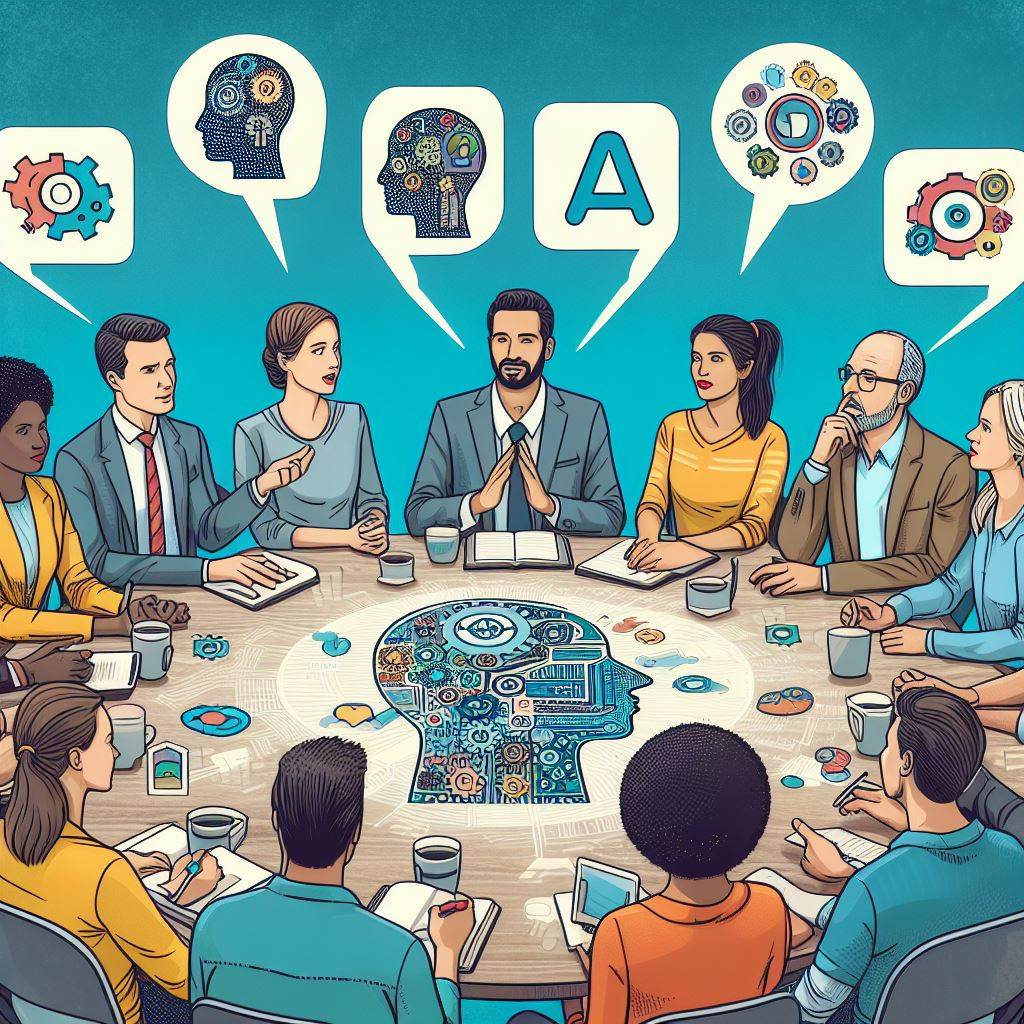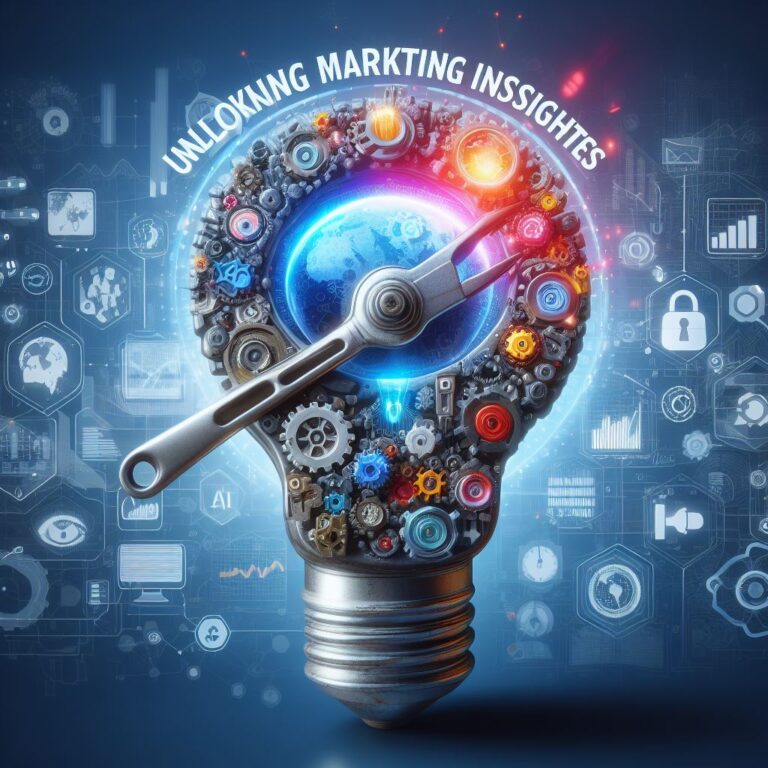In our survey of the AI Ethics Debate, place we delve into the intricate netting of issues surrounding bias, solitude, and accountability in artificial intelligence. In a realm increasingly formed by AI technologies, it’s crucial to learn the ethical associations of these advancements.
The focus keyphrase “AI Ethics Debate” guides our journey as we guide along the route, often over water through the complexities concerning this multifaceted discussion. We’ll investigate how biases entrenched in AI algorithms can perpetuate inequalities, analyze the delicate balance middle from two points innovation and privacy care, and explore the machines needed to hold AI methods accountable for their actions.
But further the technical complicatedness, it’s important to remember that basically, the AI Ethics Debate is palpable people – individuals whose lives are jolted by the conclusions made by AI systems. As we begin undertaking this exploration, allow’s approach these topics with understanding, compassion, and an obligation to ethical decision-making. Together, allow’s unravel the shadings of the AI Ethics Debate and chart a course towards a more responsible and impartial future.
Unpacking AI Bias: Understanding its Implications in Ethical Debates
The Complicatedness of Bias in AI Plans
Bias in AI schemes is a versatile issue that stems from differing beginnings, containing partial preparation dossier, concerning mathematics design imperfections, and human bias encrypted into in-charge processes. While AI electronics hold huge potential to enhance effectiveness and veracity in differing rules, the demeanor of bias can bring about prejudicial effects, maintaining prejudices and augmenting existent public biases. It’s critical to admit that bias in AI is not forever deliberate but can stand carelessly through the dossier used to train algorithms or the acceptances entrenched in their design.
Suggestions for Justice and Impartiality
The associations of AI bias offer further mechanics concerns to fuller moral concerns encircling justice and impartiality. Partial algorithms can influence prejudicial consequences, to a degree partial leasing practices, uneven approach to money, or target blasting that augments stereotypes. Sending bias in AI is essential for advancing justice and impartiality in association and guaranteeing that AI electronics benefit all things, regardless of race, masculinity, or socioeconomic rank. It demands coordinated exertion from planners, policymakers, and shareholders to label and check bias at all stages of the AI lifecycle.
“Explore the complexities of AI bias and its implications for fairness and equity. Learn how bias in AI systems can perpetuate inequalities and reinforce social biases. Take action to address bias in AI and promote fairness and equity in the deployment of AI technologies.”
Navigating the Privacy Paradox: Balancing AI Innovation with Data Protection
The Adjustment Between Innovation and Solitude
The rapid progress of AI technology has raised concerns about the adjustment between innovation and solitude. While AI-driven uses have the potential to revolutionize various energies, they often rely on big amounts of personal data to train algorithms and form informed resolutions. Balancing the benefits of AI innovation accompanying the need to protect individual privacy is a complex challenge that demands careful concern for ethical principles, permissible frameworks, and technological safeguards.
Preserving Data Solitude in AI Applications
To navigate the solitude paradox, organizations must implement strong data privacy measures to keep individuals’ rights and lighten the risk of data breaches or misuse. This includes adopting solitude-preserving techniques in the way that data anonymization, encryption, and characteristic privacy minimize the accumulation and storage of sensitive facts. Additionally, arrangements should prioritize transparency and accountability in their AI systems, providing clear reasons for how data is calm, used, and joined to build trust with users and partners.
Accountability in the Age of AI: Examining Responsibilities and Oversight
Outlining Accountability in AI Systems
Responsibility in AI refers to the allocation of responsibility for the design, growth, deployment, and consequences of AI systems. As AI technologies are more integrated into our daily lives, it’s owned by establishing clear lines of accountability to guarantee that AI systems are grown and deployed ethically and responsibly. This contains defining roles and accountabilities for stakeholders involved in the AI lifecycle, including developers, policymakers, managers, and end-users.
The Role of Organizing and Oversight
Regulation and failure play a critical role in estate AI stakeholders obliged for their actions and ensuring agreement with ethical and allowable standards. Governments and regulatory parties must develop healthy frameworks and guidelines for the accountable development and deployment of AI sciences, addressing issues such as transparency, fairness, responsibility, and safety. Additionally, liberated oversight mechanisms, in the way that ethics review boards or regulatory instrumentalities, can provide failure and enforcement to hold AI developers and consumers accountable for ethical lapses or hurtful consequences.
Striking the Balance: Ethical Frameworks for AI Development and Deployment
The Need for Moral Frameworks
Ethical foundations provide leading principles and standards for the incident and deployment of AI technologies, and courses to ensure that AI systems are devised and used in habits that align with ethical and societal norms. These foundations outline ethical considerations in the way that transparency, justice, accountability, privacy, and security, provide a roadmap for developers and consumers to navigate ethical crises and make cognizant decisions about AI technologies.
Mixing Ethical Considerations into AI Lifecycle
Mixing ethical considerations into the AI lifecycle demands a holistic approach that surrounds all stages of development, from data accumulation and algorithm design to deployment and listening. Developers must consider the potential righteous implications of their AI plans and take proactive steps to mitigate risks and support ethical principles. This includes conducting ethical impact evaluations, engaging accompanying diverse stakeholders, and including feedback loops to monitor and address ethical issues during the whole of the AI lifecycle.
Exploring Ethical Dilemmas: 5 AI Prompts for Thoughtful Discourse
“Craft an article discussing real-world examples of AI bias and its impact on marginalized communities, sparking conversations about the need for fair and unbiased AI algorithms.”
“Write a case study examining the ethical dilemmas faced by companies in balancing AI-driven innovation with the protection of user privacy, highlighting best practices and potential pitfalls.”
“Host a panel discussion featuring experts in AI ethics, exploring the role of government regulation and industry standards in promoting responsible AI development and deployment.”
“Develop a blog post outlining strategies for fostering transparency and accountability in AI systems, empowering users to understand and challenge algorithmic decision-making processes.”
“Imagine a scenario where AI-powered tools are used to monitor and enforce ethical guidelines in AI research and development, ensuring that technological advancements align with societal values and principles.”
Closing Thoughts: Navigating AI Ethics with Humanity
In clothing up our exploration of AI morality, it’s clear that these discussions go beyond just mechanics jargon – they concern deeply human values and concerns. We’ve delved into the complicatedness of bias, privacy, and responsibility, recognizing that these issues have authentic world implications for things and society all at once.
As we reflect on the debates encircling AI ethics, it’s crucial to recollect that behind every treasure and dataset are people – people the ones affected by decisions fashioned by these systems. Whether it’s sending bias in hiring practices or ensuring our privacy online, these are issues that resound with us on an individual level.
Moving forward, allow’s keep the conversation going. Allow’s continue to request the tough questions, challenge assumptions, and advocate for ethical AI practices. By cooperation, we can ensure that AI sciences serve benevolence’s best interests, promoting fairness, transparency, and accountability all step of the way.
































